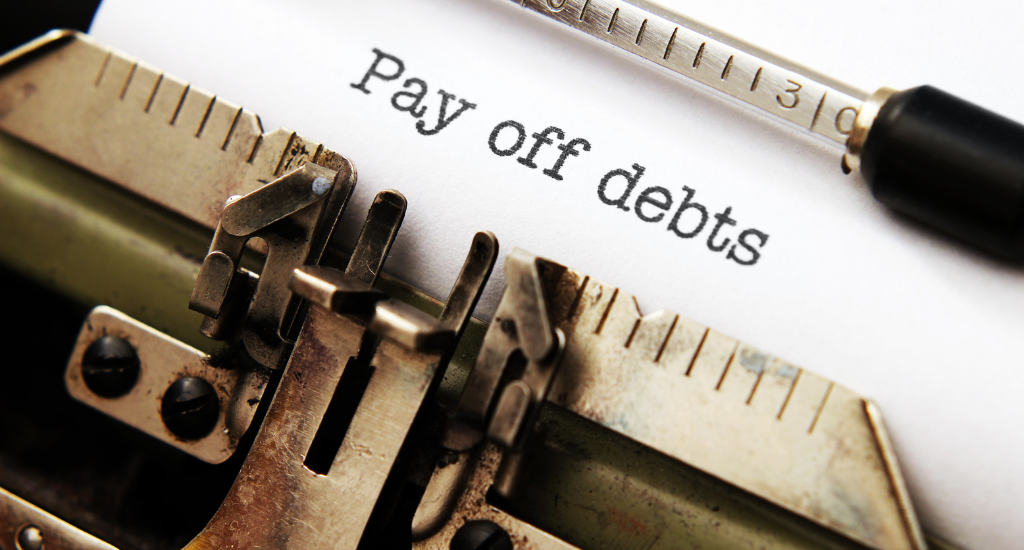The weight of debt may be a significant obstacle that hinders our capacity to realize genuine financial independence and puts a damper on our overall financial well-being. It is an issue that impacts the lives of millions of people and families all around the globe. However, it is possible pay off debt and reclaim control of one’s financial situation by developing a sound strategy and taking a disciplined approach.
In this piece, we will discuss actionable steps that you may do to eliminate your financial obligations and pave the route toward achieving financial autonomy.
Assessing Your Debt Situation
The first step towards paying off debt is to fully understand your financial situation. Begin by calculating your total debt, including credit cards, loans, and any other outstanding balances. Take note of interest rates and repayment terms for each debt. This knowledge will provide a clear picture of your debt priorities and enable you to develop an effective repayment plan.
Creating a Budget
To pay off debt and tackle it effectively, it’s crucial to establish a realistic budget. Evaluate your income and expenses, categorizing them into fixed and variable costs. Allocate a portion of your income specifically for debt repayment. This might involve cutting back on discretionary spending and identifying areas where you can reduce expenses. By sticking to a budget, you’ll have a clear roadmap for managing your finances and paying off debt.
Click here to learn some practical budgeting tips.
Developing a Debt Repayment Strategy
Depending on your preferences and the specifics of your financial situation, you have a number of options available to you for the management of your debt repayment. The snowball technique and the avalanche method are both common approaches to this problem.
Using the snowball technique, you pay off debt one by one, beginning with the ones with the lowest sums and continuing to make the minimum payments on your remaining obligations. The avalanche strategy prioritizes paying off debts with the highest interest rates first in order to achieve financial freedom. Pick a plan that fits in with your objectives and inspires you to keep chipping away at your financial obligations in order to get out from under them.
Increasing Income to Accelerate Debt Repayment
While budgeting and cost-cutting are essential, increasing your income can significantly accelerate your debt repayment journey. Explore additional sources of income, such as taking on side hustles or freelance opportunities. Maximize your earning potential in your current job by seeking professional development opportunities or asking for a raise. Every extra dollar earned can make a significant impact on paying off debt faster.
Negotiating with Creditors
Don’t be afraid to reach out to your creditors and discuss repayment options. They may be willing to negotiate interest rates or even offer debt settlement arrangements. Explain your financial situation honestly and ask if there are any options available to make your payments more manageable. If negotiations prove challenging, consider seeking assistance from a reputable credit counseling service to help facilitate the process.
Managing Credit and Avoiding Future Debt
Paying off existing debt is only part of the equation; it’s equally important to manage credit wisely and avoid falling back into debt. Start by building an emergency fund to cover unexpected expenses. Establish healthy financial habits, such as tracking your expenses, saving regularly, and living within your means. Use credit responsibly and avoid unnecessary debt by distinguishing between wants and needs. Remember, maintaining a debt-free lifestyle requires long-term commitment and discipline.
Staying Motivated and Tracking Progress
Paying off debt can be a long and challenging journey. To stay motivated, set realistic goals and celebrate small victories along the way. Breaking down your debt into manageable milestones will provide a sense of accomplishment as you achieve each one. Utilize tools and apps that track your progress and visualize your debt decreasing over time. Seeing tangible results will boost your motivation and keep you focused on your ultimate goal of financial freedom.
Seeking Professional Help
Sometimes, the complexities of debt repayment may require professional assistance. Consider working with a credit counseling service or financial advisor who can provide expert guidance tailored to your situation. They can offer personalized strategies and help you navigate through challenging financial decisions. Bankruptcy should be considered as a last resort, but it’s essential to understand the potential consequences and seek legal advice if needed.
Embrace Freedom: Become Debt-Free Today!

Debt might seem daunting, but with perseverance and a well-planned strategy, you can conquer it and attain financial independence. You’re taking the initial steps toward reclaiming control of your money by reviewing your debt position, making a budget, and planning a repayment schedule.
To assure a debt-free future, increase your income, bargain with creditors, and build good financial habits. Remember to remain motivated, keep track of your progress, and seek expert assistance if needed. Accept the path to financial independence and the peace of mind that comes with being debt-free. You have the ability to determine your financial fate right now!
